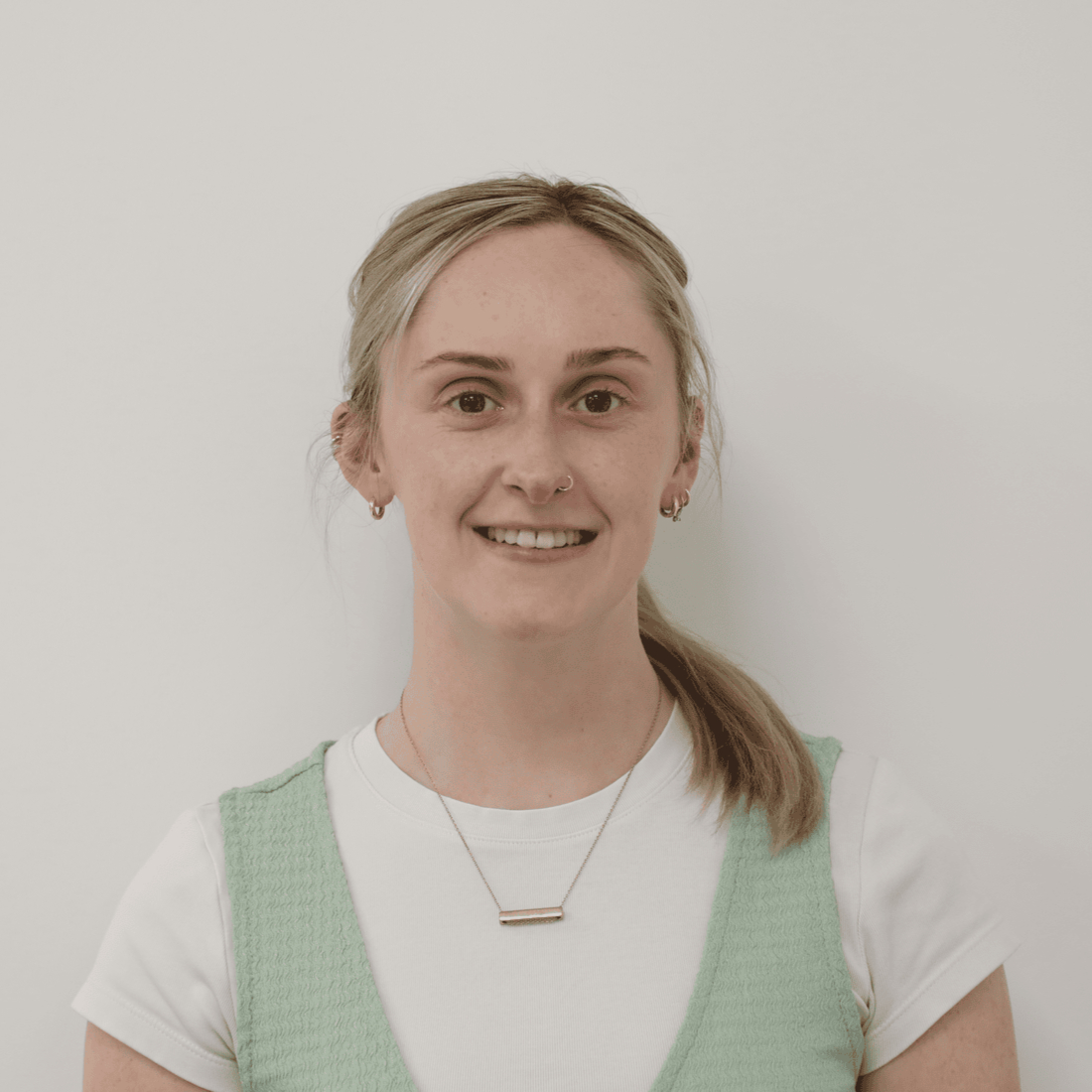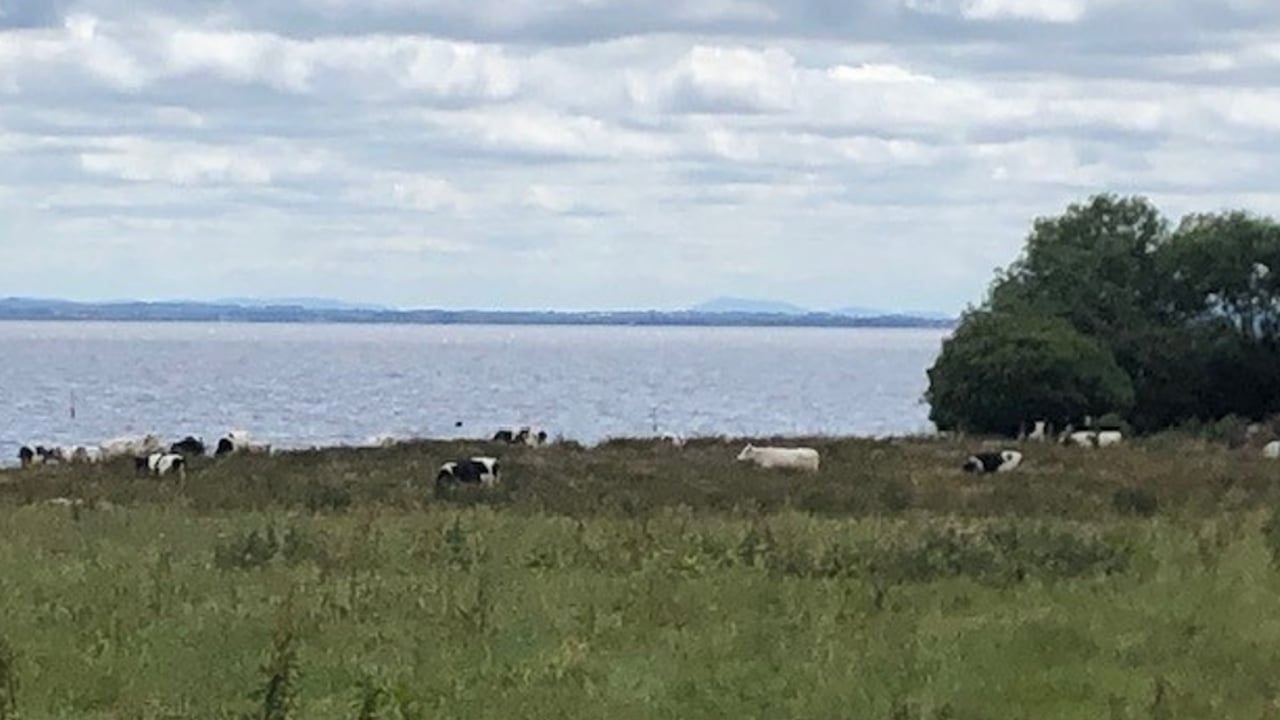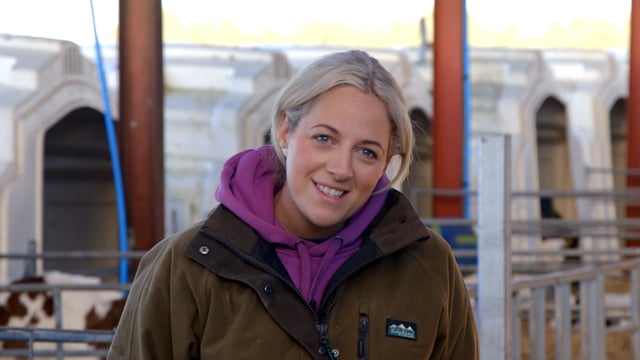DUP: 'Pointing the finger of blame' at farmers will not save Lough Neagh
Upper Bann MP, Carla Lockhart has said that there is an "ongoing anti-farming agenda" coming from Northern Ireland Department of Agriculture, Environment and Rural Affairs (DAERA) and its minister, Andrew Muir.
Lockhart added that the minister must stop "pointing the finger of blame" solely at agriculture as he strives to save Lough Neagh.
The Democratic Unionist Party (DUP) Agriculture, Environment and Rural Affairs spokesperson said: "Society fully appreciates there are mounting challenges in Lough Neagh and other rivers and waterways across the province.
“This isn’t a new problem and it certainly isn’t isolated to Northern Ireland or Great Britain.
"Cyanobacteria or blue-green algae is a naturally-occurring type of photosynthetic bacteria found worldwide, even in colder continents such as Antarctica."
According to Lockhart, records show that toxic blue-green algae blooms were first identified in Lough Neagh in 1967 "during a hot summer".
"Scientists, civil servants and politicians identified the problem as an ‘ecological timebomb’ over six decades ago," she said.
“What we are witnessing now is a natural process which has been accelerated by a number of factors.
"An influx of surplus nutrients and phosphorus are at play, but they can’t all be attributed to fertiliser and slurry runoff from our thriving agricultural industry.”
The MP stressed that untreated sewage, industrial and domestic pollution, and invasive Zebra mussels have all contributed "significantly" to the escalating problem.
Lough Neagh
Lockhart highlighted that Northern Ireland Statistics and Research Agency (NISRA) figures show that farming was responsible for 32% of substantiated water pollution incidents in 2024, with the remaining 68% combining pollution from NI Water, industry, domestic and other sources.
She said: "These figures prove that farmers are being unfairly blamed, while other sectors go unchallenged.
"Farmers have been committed to safeguarding the environment for decades.
"The Department of Agriculture, Environment and Rural Affairs (DAERA) figures prove that over the last five years the surplus phosphorus balance from farming fell by 29%.
According to the DUP MP, this shows that farming is not the source of the problem.
"The rising levels of phosphorus in our waterways are undeniably coming from other sectors," she said.
“The minister is passionate about delivering water quality, but his current NAP (Nutrients Action Programme) proposals and the victimisation of farmers won’t solve Lough Neagh’s problem.”
DAERA
In a statement released to Agriland, DAERA confirmed 35 cases of blue-green algae reports for Lough Neagh.
The statement said: "Recent images of Lough Neagh are a graphic and distressing reminder of the critical need to back the interventions required to address the crisis facing Lough Neagh and other waterways.
"Whilst there are no quick fixes, Minister Muir is determined to turn the tide on water quality by delivering the actions set out in the Lough Neagh Report in partnership with others, recognising that collective action is essential."
DAERA has outlined that there has already been a range of work to help address the pressures on the lough.
Some of these include:
- 300+ site investigations;
- Research vessel to aid monitoring;
- Collaboration with the UK Space Agency to predict and monitor blue-green algal blooms;
- £8 million investment committed to date in the Small Business Research Initiative to help reduce excess phosphorus from livestock slurry.





